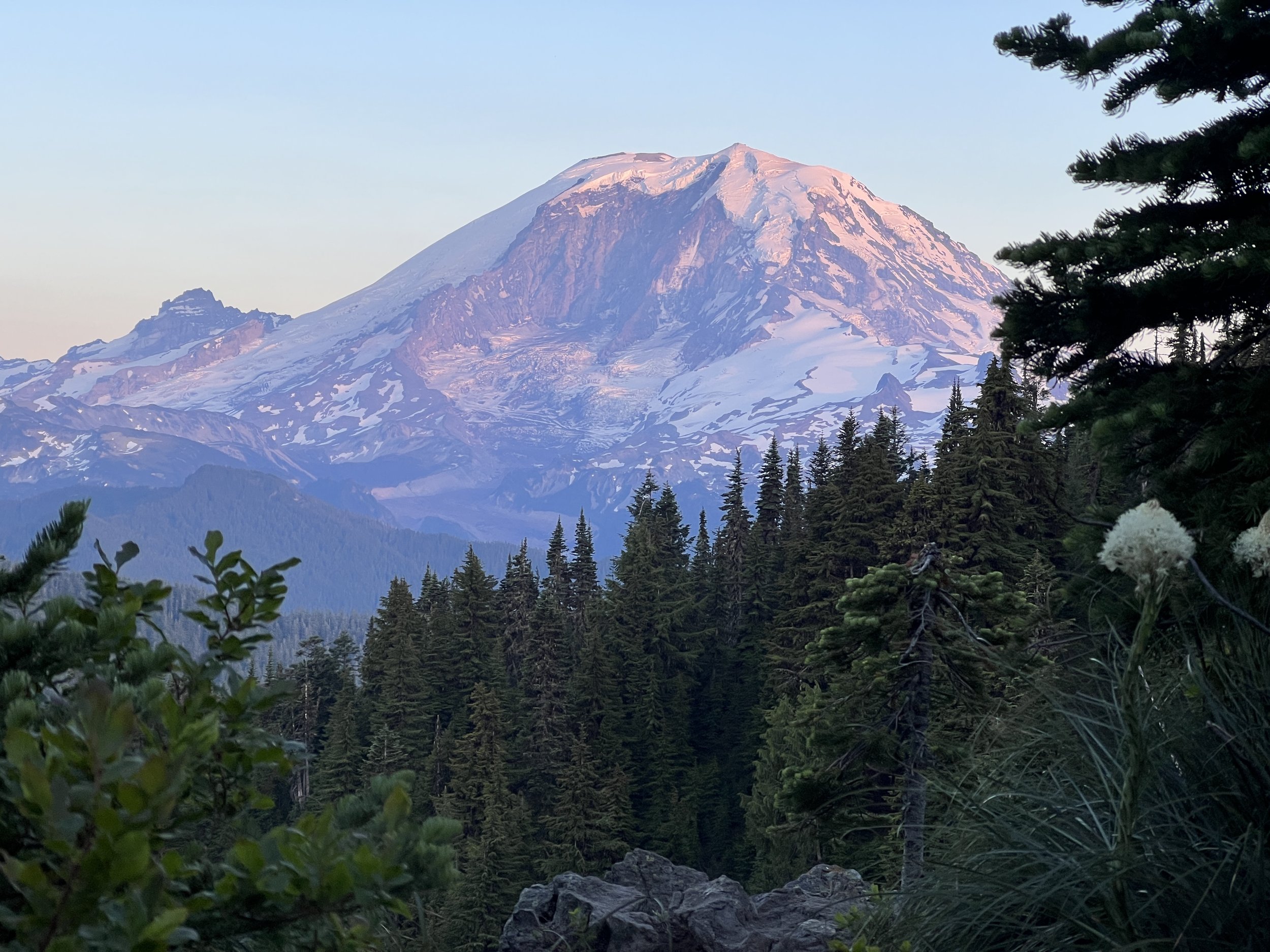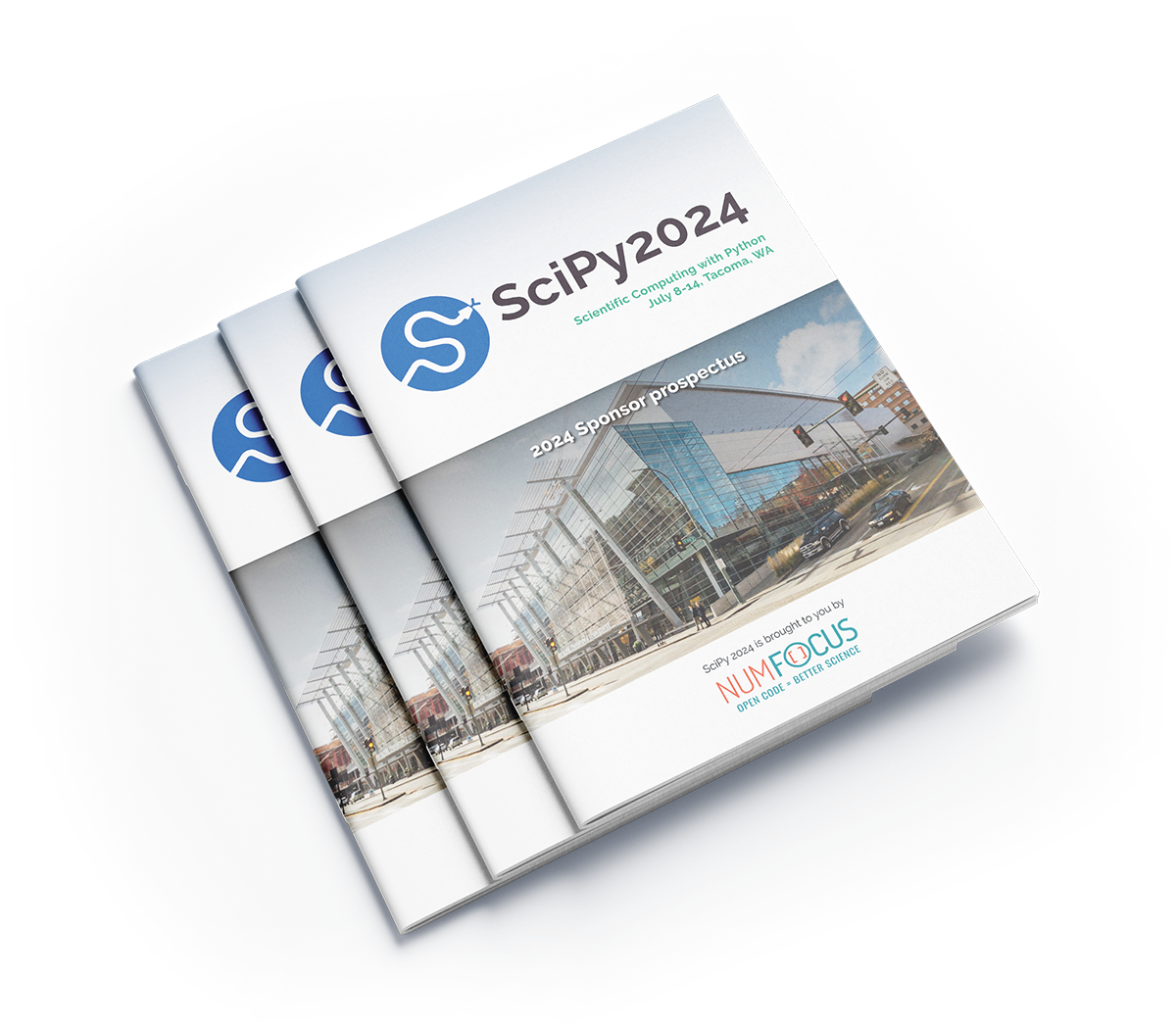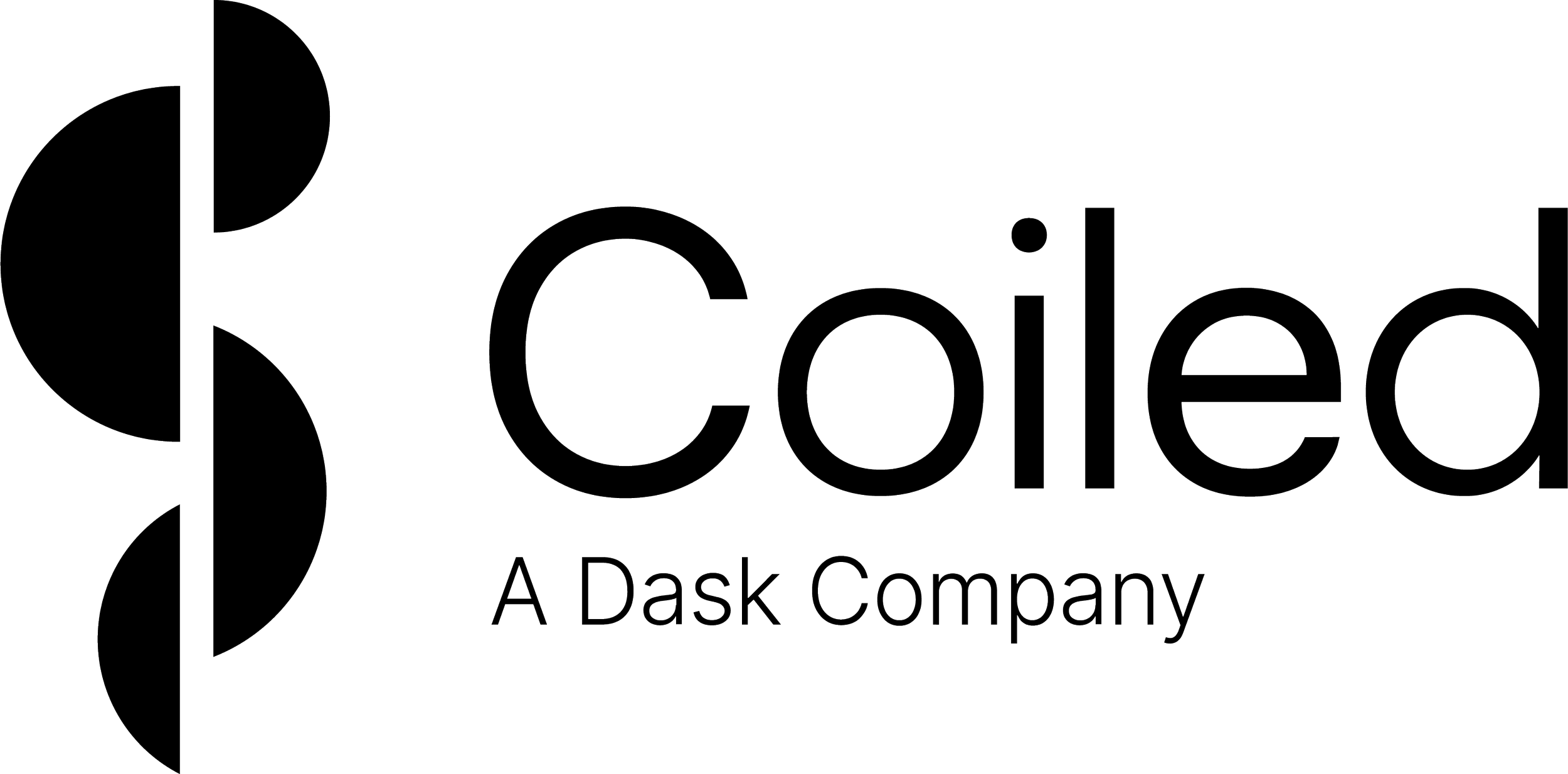
SciPy 2024
Tacoma Convention Center | Tacoma, WA
July 8-14, 2024

The SciPy Community is Coming to Tacoma, WA
The 23rd annual SciPy conference will be held at the Tacoma Convention Center, July 8-14, 2024.
SciPy brings together attendees from industry, academia and government to showcase their latest projects, learn from skilled users and developers, and collaborate on code development.
Tutorials: July 8-9
Conference: July 10-12
Sprints: July 13-14

Meet our Keynote Speakers
Julia Silge
Data Scientist and Engineering Manager at Posit PBC
-
Julia Silge is a data scientist and engineering manager at Posit PBC, where she leads a team of developers building fluent, cohesive open source software for data science in Python and R. She is a tool builder, author, international keynote speaker, and real-world data science practitioner. She holds a PhD in astrophysics and serves on the technical advisory committee of the US Bureau of Labor Statistics. You can find her online at her blog and YouTube.
Dr. Elizabeth (Libby) Barnes
Professor of Atmospheric Science at Colorado State University
-
Dr. Elizabeth (Libby) Barnes is a Professor of Atmospheric Science at Colorado State University. She joined the CSU faculty in 2013 after obtaining dual B.S. degrees (Honors) in Physics and Mathematics from the University of Minnesota, obtaining her Ph.D. in Atmospheric Science from the University of Washington, and spending a year as a NOAA Climate & Global Change Fellow at the Lamont-Doherty Earth Observatory. Professor Barnes' research is largely focused on climate variability, predictability, and change and the data analysis tools used to understand it.
Kyle Cranmer
Professor of Physics and the David R. Anderson Director of the Data Science Institute at the University of Wisconsin—Madison
-
Kyle Cranmer is a Professor of Physics and the David R. Anderson Director of the Data Science Institute at the University of Wisconsin—Madison. He has been an advocate for open science, open source software, and shared cyberinfrastructure. At UW-Madison he has established an Open Source Program Office and actively collaborates with groups like NumFOCUS and the Academic Data Science Alliance to strengthen academic contributions to open source.
Hotel Information
Hotel rooms are available for conference attendees at the Hotel Murano at a reduced rate of $179/night and at the Courtyard Tacoma Downtown at a reduced rate of $219/night.
These fill up quickly, so be sure to make your arrangements as soon as possible. The Courtyard is across the street and the Hotel Murano is a 3 minute walk from the convention center.
Hotel Murano - $179
1320 Broadway Plaza, Tacoma, WA 98402
(map)
Courtyard Tacoma Downtown - $219
1515 Commerce Street, Tacoma, WA 98402
(map)

Highlighted Tracks
This year we are happy to announce two highlighted tracks that run in parallel with the general conference tracks:
Playing Nice: Scientific Computing Across Programming Languages
The Scientific Python community maintains a large ecosystem of tools and libraries that enable scientific research and development that are, amazingly, not just written in Python! Python was an early and influential language that brought scientific computing across languages such as C++ and Fortran to the mainstream. More recently, we have seen interfaces with high-performance languages like Rust and the inclusion of browser-based languages like Javascript and Web Assembly to bring scientific data visualizations to life. This track aims to highlight the role Scientific Python plays in bringing languages together via features such as interoperability, API wrapping, and packaging and distribution of multi-language projects. We also encourage submissions that speak to the maintenance of projects that require expertise in multiple languages or topics that touch upon specific problems where no single language has all the features needed for a solution.
Data Science and AI/Machine Learning
This track aims to bring together the latest advances in Data Science and AI/Machine Learning and their applications in science and industry. This includes the development and application of new open-source tools and techniques, as well as novel discoveries in any field made by applying new and existing tools. The last few years have seen historical moments in Generative AI, with larger and more advanced models becoming available that have found applications in areas such as productivity tools and life sciences. We encourage speakers to go beyond the hype and present impactful, meaningful, or even surprising applications of Generative AI in their areas of expertise. We also welcome submissions that incorporate critiques of these tools, their influence on science and society, and awareness of the technology hype cycle.
Conference Tracks
General
Earth, Ocean, Geo, and Atmospheric Science
Human Networks, Social Sciences, and Economics
Materials and Chemistry
Data Visualization and Image Processing
Maintainers and Community

SciPy Teen Track
Come learn more about the intersection of Science and Technology
SciPy is excited to once again offer our Teen Track, July 8-9. If you are 14-18 years old, please join us to learn more about the Python language and how developers solve real world scientific problems using Python and its scientific libraries.
Prerequisites: The class expects that you understand some basic programming concepts like variables, loops, and if/else statements, functions, dictionaries, lists, and the basics of NumPy arrays, Pandas data frames, and Matplotlib plotting). If you do not have any experience, but would like to attend, please contact us at community@scipy.org. There are free online tutorials to get you up to speed for this class.
If you are a programming whiz, already understanding topics such as decorators or NumPy arrays, or can do image processing or create your own visualizations, you may want to consider registering for our general tutorials.
Where: Tacoma Convention Center, 1500 Commerce St, Tacoma, WA
Cost: $50 early bird; $75 regular price for the two-day session. Includes breakfast, lunch and snacks.
Registration is open.
Space is limited.
Be sure to select Teen Track for the category (not "Student")
What to Bring: You will need to bring a laptop with Python installed. You will receive complete instructions on how to set everything up a week before the Teen Track begins. There will also be helpers on hand July 9th from 8:00 am to 9:30 am if you need assistance with the set up.

Birds-of-a-Feather-Sessions (BoFs)
SciPy has plenty of opportunities to get together and discuss primary, tangential, or even unrelated topics in an interactive, discussion setting.
Suggest a BoF Session
Some examples from the past BoFs include Reproducibility, Jupyter Notebooks, Distributed Computing, Geospatial Packages in Python, Teaching Scientific Computing with Python, Python and Finance, Python in Astronomy, Collaborating and Contributing in Open Science, and a Matplotlib Enhancement Proposal Discussion.
We would like to solicit the community for ideas and organizers for BoF topics. Please include a small description of the BoF, possible panelists, and whether you would be willing to moderate.
The deadline to submit a BoF proposal is June 12. Due to scheduling constraints, there are a limited number of BoF slots available and we might not be able to accept all submissions. Notifications of acceptance will be sent shortly after the deadline.
In an effort to increase the opportunities for community building, SciPy emphasizes birds of a feather (BoFs) sessions.
These sessions usually include short presentations by a panel and a moderator with the bulk of the time spent opening up the discussion to everyone in attendance. BoF topics can be of general interest, such as state-of-the-project BoFs, or based on the themes of the conference and the mini-symposia topics.

Financial Aid
SciPy 2024 will continue the tradition of offering scholarships to attend the conference. These scholarships can cover the cost of registration as well as provide funding for travel and lodging. Applications will be judged both on merit as well as need. Although all attendees are eligible for scholarships, we encourage applicants to consider their level of need before applying, such as whether their institution is covering some or all of their attendance costs. As funds are limited, our goal is to bring together as many SciPy community members as possible. If only partial scholarship is required, please indicate this in the application and we may be able to accommodate additional applicants due to such reasonable requests.
The call for applications has closed. Recipients will be notified on April 20, 2024.
Become a Sponsor
Without our sponsors, it wouldn’t be possible to organize SciPy. You can find sponsorship options in our Sponsor Prospectus. If you want to sponsor SciPy 2024 or have any questions, please reach out to us at community@scipy.org.

Special Thanks to our Institutional Sponsor:
Gold/Proceedings Sponsor
Gold Sponsors
Silver/Tutorial Sponsor

Attendees at SciPy 2024 are subject to the NumFOCUS Code of Conduct.
We value the participation of each attendee and want everyone to have an enjoyable and fulfilling experience. Accordingly, all attendees are expected to show respect and courtesy to other attendees throughout the event and at all conference-related events, whether officially sponsored by NumFOCUS or not. Organizers will enforce this code throughout the event.
We reproduce here certain portions of the NumFOCUS Code of Conduct that are specifically relevant to in-person events. We encourage all event attendees to review the complete Code of Conduct.

NumFOCUS is a 501(c)(3) nonprofit that supports and promotes world-class, innovative, open source scientific computing. For more information, please visit our website: https://www.numfocus.org/.















